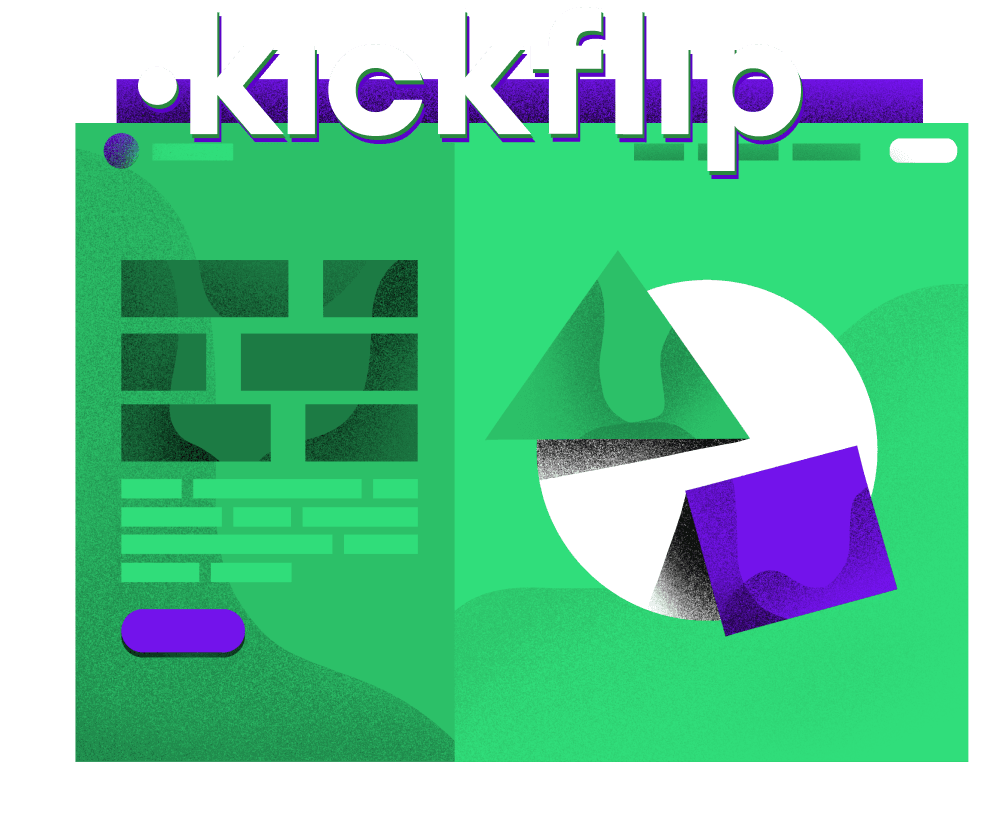Background
Fido was running its Trash Valet business with an eclectic set of tools like Monday.com, Google sheets, WooCommerce, GetCircuit and a dash of Zapier to automate some processes. A great flexible setup for the burgeoning business, but as the various tools weren’t talking to each other, cracks were starting to show.
It was time to build their own IT-systems, to allow them to scale well into the future. Justin, their CEO, reached out to Makers’ Den for a free consultation.

Justin Pera
CEO at Fido
“What I found most impressive and unique about Makers' Den was their ability to deeply understand our niche business model and tailor the backend system specifically to our needs. They didn't take a one-size-fits-all approach but instead built a solution that aligns perfectly with our operational requirements, allowing us to run our bin-to-curb service more efficiently.”
How We Worked Together
Fido had an on-going business, and they wanted to replace each tool (monday.com, woocommerce etc) one by one, bringing each aspect (billing, operations, communication etc) into their own yet-to-be-created IT-system, while also simultaneously running the business, onboarding new customers, drivers and internal staff.

Re-building an existing system while it’s running needs some afterthought and can be likened to rebuilding a car while it’s speeding down the highway. We wanted to ensure we weren’t missing anything and pitched an initial time-boxed discovery project where we could map their systems and processes, and create a UX design of the initial new system. Based on this work we were able to create a work breakdown and quote for the new initial system - including dropping the legacy tool it was supposed to replace - monday.com.
After the contractuals were settled we jumped into action using our regular development process. In the initial kickoff developers and customer stakeholders met, we went through the UX design, schedule and the first tasks to be worked on the Asana board, and set up our meeting cadence with one weekly virtual meeting; and ad-hoc messaging via a shared Slack channel.
Step by step, week by week, demos were held and progress was made. Data was migrated and processes were moved over bit by bit to the new system; until the day came where the Monday.com subscription was cancelled and Fido moved on.
In parallel to this process, another smaller specification project was made, to replace WooCommerce; and after that yet another system integration project. Ultimately we phased into a continuous delivery contract approach and started grooming the next tasks every two weeks to assure we specify things just-in-time for their developing business needs.
The Technical Setup
To facilitate fast delivery, we opted to use,
ReactJS. We’re a ReactJS shop, and all our projects are built on top of it.
Typescript - Many of us are a decade into using it, and there’s no looking back. All our frontends and backends are always done in strictly typed Typescript.
NextJS/BlitzJS. BlitzJS extends NextJS with a set of common tools and conventions. It’s basically a NextJS boilerplate with a set of powerful libraries to facilitate fast feature development. It features:
Zero-API layer. Minimal API boilerplate using TanStack query and a fully type-safe from frontend to backend.
Solid authentication and authorization setups that have been well tested
Initial scaffolds include basic user models, sign-up, registration, and forgot password functionalities.
A vibrant community, solid documentation, and a plugin ecosystem to quickly add cross-cutting features in minimal amounts of time.
Prisma, which is the best Database/ORM layer for NodeJS. It generates Typescript types for your database schema, strictly typed database queries, and production-ready database migrations. A tremendous boost for producing end-to-end functionality fast.
PostgreSQL - our relation DB of choice when it's a fit, and it’s almost always a fit.
ShadCN/RadixUI/TailwindCSS - our styling & component approach on all frontends. ShadCN is the biggest component library ecosystem right now and growing.
Stripe - Makers’ Den recommends not rolling your own subscription platform and are happy development partners of Stripe.
Render.com - a Heroku-like platform with much more lenient pricing and a much faster pace of development. With this, we can achieve production quality deployment setups with fully automated Continuous Deployment and fully Git-managed Infrastructure-as-code style setup in less than half a day
The Results
Fido has less overhead due to data and systems not talking to each other. The legacy system that was about to burst at the seams; has now been replaced by their own bespoke system, with internal operator interfaces as well as customer self-onboarding uis. Thanks to more stringent validation, data can be trusted and is always in sync - leading to more consistent invoicing as well as minimal service disruptions for customers.

Fido is growing fast and set up to grow even faster now with a system that can handle the new business. We’re hyped at being given the opportunity of developing the next set of features that brings the most leverage to their business.
Don’t believe the hype? Talk to a Maker!



